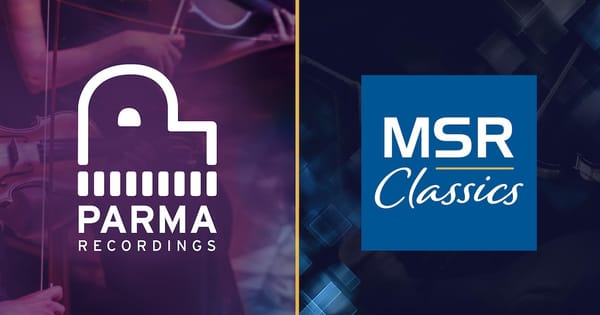Should children learn music?

I’ve always been a words person. So for most of my life, music was just something in the background – being played on someone else’s radio, blaring out of a Ganpati Pandal, or soaring from my husband’s very expensive music system.
If I noticed the music at all, it was to yell, “Turn down the volume.”
So it seems a particularly strange twist of fate that I now spend a large chunk of my day listening to music. Not out of choice – but because all three of my daughters play musical instruments and are expected to practice an hour or two every day. Something that will only happen if there is a stern mummy making sure that loathed finger exercises have been attempted, that transitions are smooth and that the concerto has been learnt by heart.
My oldest daughter Aaliya is 11, and plays the violin. My twins Nisha and Naima are 9, and play the piano and cello respectively. And on busy schoolday evenings, when there is a mountain of maths to tackle and Hindi poems to learn by heart, the music seems like a lot of bother. And often I grump that it has taken over our lives. My children have fewer playdates than their friends. They have very little free time. Our holidays revolve around concert schedules. And I spend much of my life yelling, “Time for practice.”
In my heart of hearts, though, I know that the music is a blessing. It seems a real miracle that my girls managed to find something they love and that they can do well, when they were just five. All three have been performing solo since they were seven, and that has given them great confidence and the ability to rise to challenges. Of course they panic and moan, but they know they have to deliver. And they do.
What is even better is that, for them, music is not something to learn and regurgitate. It is a way to express themselves – and they are gradually developing musical creativity and their own distinctive interpretations of pieces. When my twins’ friends come over, they often pull out their instruments and make their own band for the day. While Aaliya often sits at the piano and composes pieces of music. In fact, when my book — `The Six Spellmakers of Dorabji Street’ came out two years ago – Aaliya composed a melody for the promotional video. (Now another book is on the way, and Aaliya has started working on a peppy, new piece.)
The result of all this is that my girls are rarely bored. They never have the time to be. The never have the time to sit around, glued to IPods and IPads and the television. They’ve learnt to squeeze a lot into short periods of time. And, however much they protest and procrastinate, they know they have to practice. Experience has taught them that if they skip two days, by Day 3 their fingers are fumbling and clumsy.
All three girls attend the NCPA Special Music School in Mumbai. This program is packed with gifted children. So there is a sense of competition and the knowledge that only the best will be chosen for concerts. This does cause anxiety and uncertainty, which is not always a good thing. But, in a way, it’s a taste of the real world.
Of course, there are times when I worry that my children have lost out on a carefree childhood. That every time they play football they have to worry about protecting their hands. But then, when I see them absorbed in a happy Chopin waltz or a dreamy Bach prelude, I know we’ve done the right thing.
The music has brought extraordinary beauty and joy into their lives. It has given them a glimpse into other cultures and other times. And it is a loyal companion that will stay with them for a long, long time.




